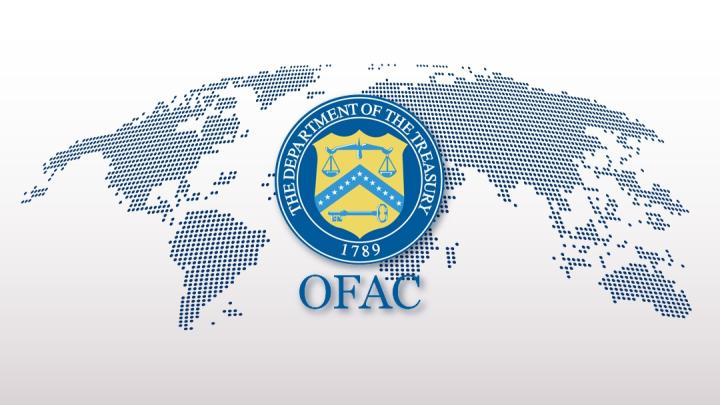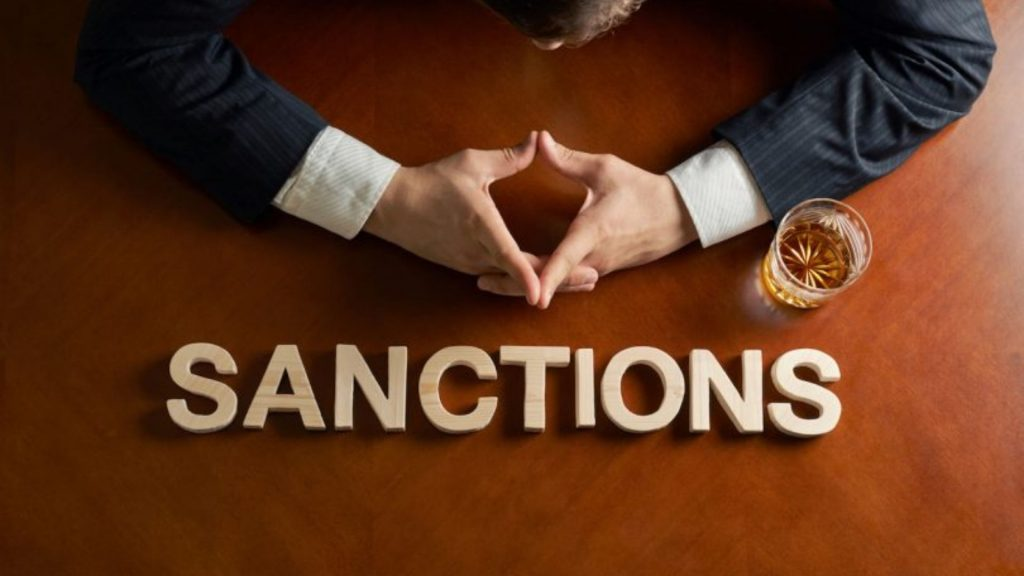What Is the OFAC Sanctions List?
The OFAC Sanctions List is a tool for combating international threats such as terrorism, nuclear proliferation, and human rights violations. It is regulated by the US Office of Foreign Assets Control (OFAC). This list includes individuals and organizations whose assets are frozen and business transactions with them are prohibited. Getting on the list can have a significant impact on your financial freedom and reputation. This measure is aimed at supporting US national security and international law and order.

Overview of OFAC and Its Role
OFAC (Office of Foreign Assets Control) is a division of the US Treasury Department responsible for implementing economic and trade sanctions. The organization operates under presidential orders and congressional legislation, applying sanctions against countries, terrorist groups and individuals.
OFAC's primary goal is to block financial flows that could be used to finance illegal activities. The organization works closely with international partners to ensure global compliance with sanctions. For example, cooperation with the European Union and the United Nations allows OFAC to effectively identify and block assets even outside the United States.
Sanctions can affect both individuals and entire sectors of the economy. These include bans on the export of goods, restrictions on access to financial services and asset freezes. These measures create significant economic hardship for sanctioned entities, forcing them to reconsider their actions or policies.
What Is the OFAC Sanctions List?
OFAC Sanctions List is a list of individuals, organizations and countries that are subject to sanctions. The list may include terrorist groups, drug cartels, and human rights violators. Entities suspected of engaging in illegal activities, such as cyberattacks or the proliferation of weapons of mass destruction, may also be subject to sanctions.
Inclusion on the list automatically means a ban on conducting any financial transactions with American citizens or companies. This applies not only to direct transactions, but also to transactions through intermediaries. Any attempt to circumvent these sanctions may result in additional penalties.
The OFAC Sanctions List plays a key role in maintaining international stability by preventing entities on the list from accessing international markets and resources. It is an important tool of diplomatic pressure that can be used to force changes in policy or behavior.
Who is an OFAC Sanctions Attorney?
An OFAC sanctions attorney is a legal professional specializing in compliance, defense, and advisory services related to OFAC regulations. These attorneys have extensive knowledge of international trade law, U.S. foreign policy regulations, and complex compliance requirements. They play an instrumental role in guiding clients through the intricate web of sanctions, ensuring compliance, and representing clients in administrative proceedings or court if alleged violations arise.
Types of Sanctions on the OFAC List
There are several types of sanctions applied by OFAC. Comprehensive sanctions target entire countries, such as North Korea, Syria or Iran, where economic and trade transactions are completely prohibited.

Targeted sanctions target individuals or organizations, such as terrorists, drug lords or businessmen associated with illegal activities. These sanctions are often used against senior politicians or corporations involved in corruption and human rights violations.
Sectoral sanctions cover specific sectors such as energy, finance and technology. For example, a ban on the supply of high-tech equipment can significantly affect the development of a certain sector of the economy in a country subject to sanctions.
Consequences of Being on the OFAC Sanctions List
Getting on the OFAC Sanctions List can lead to serious consequences. Financial assets are frozen, making it impossible to use accounts and conduct transactions. Businessmen lose access to international partners, and companies face serious reputational risks.
Sanctioned entities may face a ban on the export and import of goods and services. This can lead to significant losses and even bankruptcy. Moreover, any counterparties that continue to cooperate with entities from the list are also subject to sanctions.
Reputational risks are an important aspect. Brands and companies included in the list lose trust from investors and partners. This makes it impossible to attract new investments and conduct international business.
How to Remove Yourself from the OFAC Sanctions List
The process of removal from the OFAC Sanctions List is complex and requires careful preparation. You must first file a petition with OFAC explaining why the subject no longer poses a national security threat.
Preparation of documents includes providing evidence of legal activities, eliminating possible errors and conducting an independent audit. The process can take considerable time and often requires the support of experienced lawyers to help present evidence and arguments correctly.
Legal Advice
We help people effectively fight their offenders back and successfully defend their own stand!